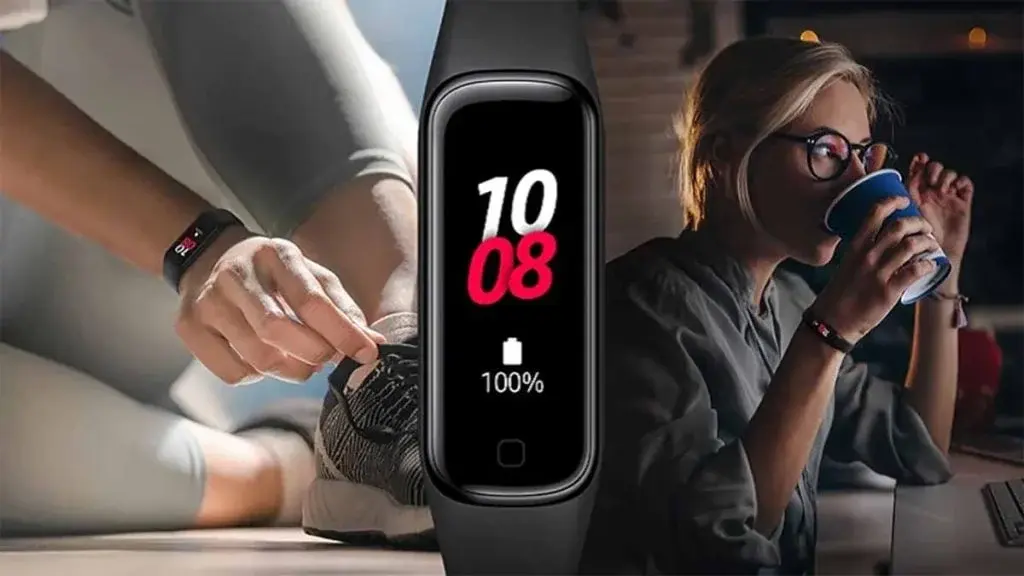Wearable Technologies: The Rise in Popularity
Wearable technologies have become increasingly popular in recent years, with more and more people donning smartwatches and wristbands. While some may attribute this trend to “technology addiction,” the reality is that users are utilizing these devices for their health monitoring features. Sleep tracking, heart rate monitoring, stress analysis, and blood pressure measurement are just a few examples of the functionalities that these wearables offer. In fact, there have been numerous stories of individuals whose lives have been saved thanks to their smartwatches, such as the recent case of a man saved by a Huawei smartwatch.
Meeting the Demand: Companies at the Forefront
The growing interest in wearable technologies has led to an increase in supply. Companies like Huawei, Apple, and Samsung are actively working on developing and improving wearable devices. Samsung, in particular, is set to release its latest wristband, the Galaxy Fit 3, in the near future. Leaks suggest that this wristband will be a strong contender against the Xiaomi Band 8, especially when it comes to battery life.
Samsung Galaxy Fit 3 Specs Leak: Unveiling the Battery Powerhouse
We already have a good amount of information about the Galaxy Fit 3, which is expected to be unveiled alongside the S24 series at Samsung’s Unpacked event in January. The wristband will feature a 1.61-inch OLED screen with a density of 302 PPI and will come with an aluminum casing and an IP68 certification. However, the most exciting feature of the Galaxy Fit 3 is its battery life.
According to leaks, the Samsung Galaxy Fit 3 is expected to have an incredible battery life, lasting approximately 21 days without needing a recharge. This is a significant improvement of 7 days compared to its predecessor. Samsung has previously been criticized for its smartwatches’ battery life, but it seems they are making strides to address this issue. Unfortunately, the exact mAh value of the battery is still unknown.
The Price Dilemma: Samsung’s Challenge
Despite the improvements in battery life, Samsung falls short in terms of pricing. The Galaxy Fit 3 is expected to retail for $80 in the European market, while its main competitor, the Xiaomi Band, is available for under $50 in most countries. Even with the introduction of a new model, the expected price range remains comparable. This raises the question of how the South Korean manufacturer plans to outpace its major rival.
In conclusion, wearable technologies continue to gain popularity, driven by their health monitoring features. Samsung’s upcoming Galaxy Fit 3 is highly anticipated, especially for its impressive battery life. However, the challenge for Samsung lies in its pricing strategy, as it will need to offer more value to consumers compared to its competitors. The wearable technology market is undoubtedly an exciting space to watch as companies strive to innovate and meet the demands of consumers.


Leave a Reply